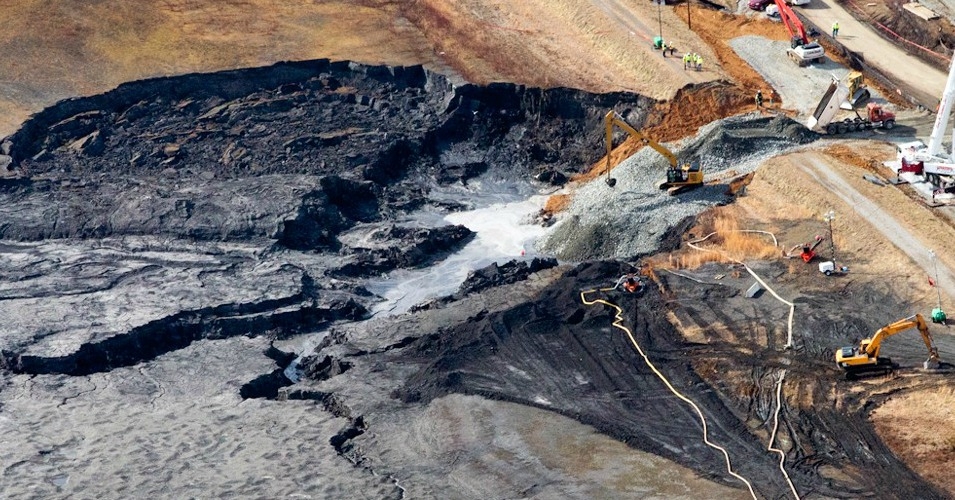Published on Wednesday, October 30, 2013 by Common Dreams
'Industry across the nation is looking to see what Colorado voters are going to do.'

Coloradoans picket frack-friendly Governor John Hickenlooper in Longmont, Colorado. (Photo: FreeRangeLongmont.com/ cc/ Flickr)
Following the example of Longmont, which last year became the first Colorado city to ban fracking, next Wednesday, voters in Boulder, Broomfield, Lafayette and Fort Collins will have the opportunity to choose whether or not they support the controversial extraction method of shale oil and gas in their communities.
The Denver Business Journal provides this rundown of the four ballot measures:
- Broomfield: Question 300 would impose a five-year prohibition on all fracking.
- Fort Collins: Its measure would create a five-year moratorium on fracking and storage of waste products related to the oil and gas industry in town.
- City of Boulder: 2H proposes a five-year moratorium on oil and gas exploration.
- Lafayette: Question No. 300 would ban new oil and gas wells in town. [As well as] prohibit "depositing, storing or transporting within city limits any water, brine, chemical or by-products used in or that result from extraction of oil and gas.”
Though local ballot initiatives, these are no small-town battles. According to reports, the Colorado Oil and Gas Association (COGA) has poured over $600,000 into campaigns against the moratoriums.
"The oil and gas industry is trying to intimidate voters by spending hundreds of thousands of dollars to buy this election," Laura Fronckiewicz, campaign manager for the pro-moratorium group Our Broomfield, told Denver Westword.
Among those industry insiders who are concerned that the success of these local initiatives could spell trouble for the future of fracking in the west, Tim Wigley, president of oil and gas trade group Western Energy Alliance, said, “I’ve really beat the drum with our members […] across the West about how dangerous a precedent these could be if they become law.”
“The whole country is looking at Colorado as ground zero." The state, he added, "has been traditionally a big-time [energy] producer, and the industry across the nation is looking to see what Colorado voters are going to do."
Three of the four initiatives propose a temporary ban on the process which, according to Fronckiewicz, will allow researchers more time to determine fracking's "true effects" on residents' health and the environment.
Colorado's history as an energy-producing state where landowners' mineral rights are often owned by commercial entities compound the challenges faced by these grassroots initiatives.
The City of Longmont—where last November nearly 60 percent of voters approved an amendment that prohibited fracking and the disposal of fracking waste products within city limits—is currently facing suits by both the COGA and the state.
Those suits, however, have not succeeded in deterring others from taking up their own fight against Big Oil and Gas.
"People on Colorado's Front Range enjoy their quality of life and this industry represents an immediate threat to public health and that quality of life," Cliff Willmeng of the activist group East Boulder County United told the Denver Post. "People see that the question of the environment is not an abstraction—it's something we're living through now."
_____________________


